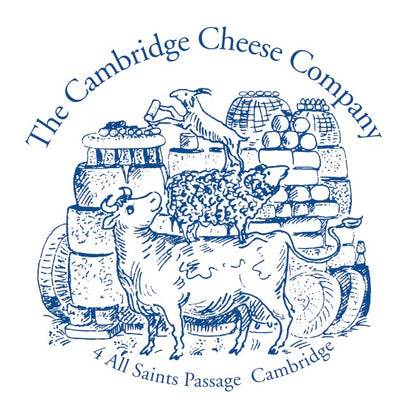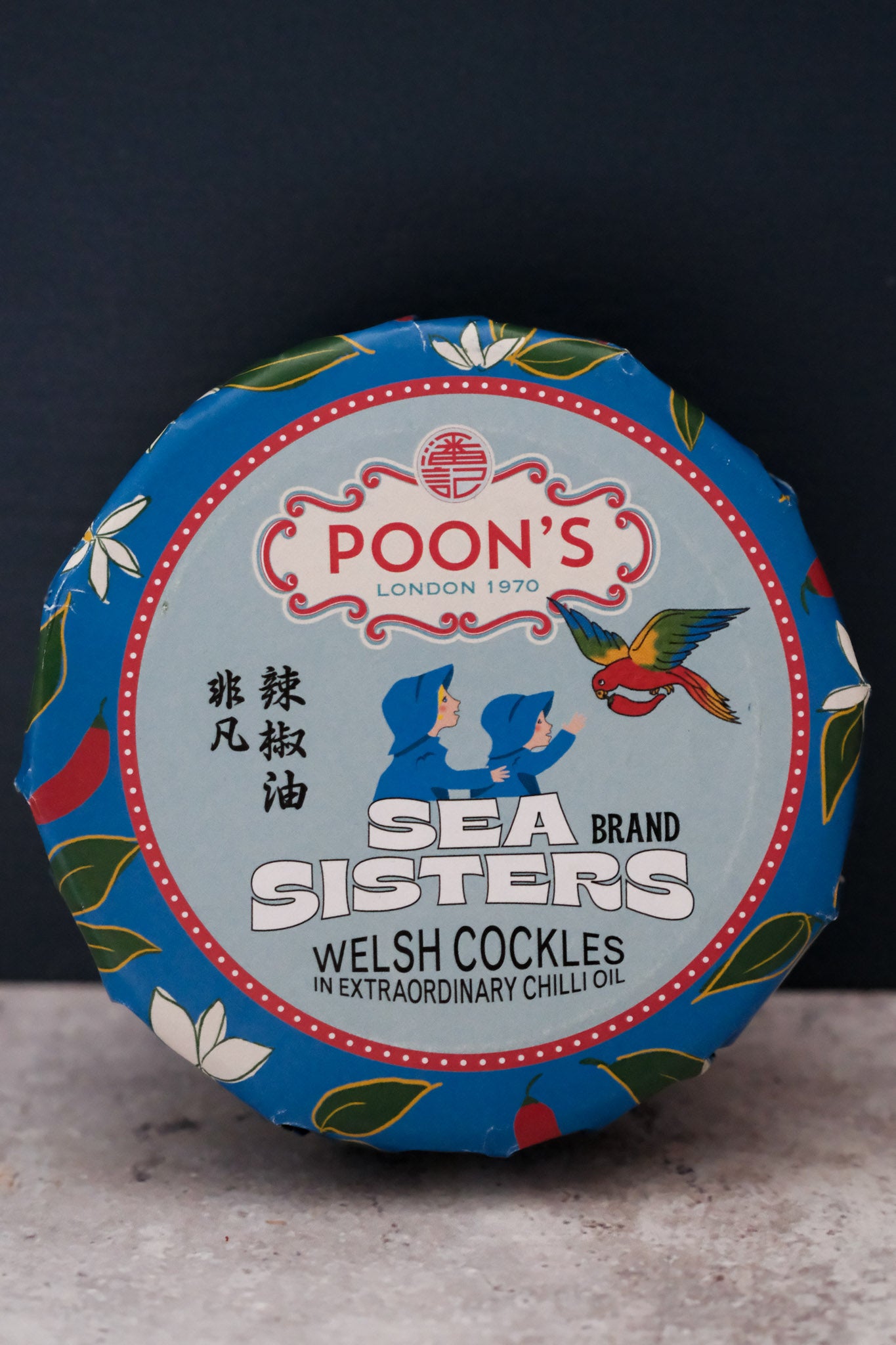Welsh Cockles in Poon’s Extraordinary Chilli Oil, Sea Sisters
This is a tin of naturally sweet, hand gathered Welsh cockles, paired with Poon’s Extraordinary Chilli Oil. This chilli oil is infused with the intense flavours of salted black beans.
Total weight: 117g.
Ingredients: Cockles (68%) (MOLLUSC), Poons Extraordinary Chilli Oil (Rapeseed Oil, Water, Salted Black Beans [SOY], Ginger, Garlic, Light SOYA Sauce [Water, SOYBEANS, Salt, WHEAT Flour, Preservative E202, Sugar, Crushed Chilli (1%), Salt, Birdseye Chilli (0.8%).
£13.00
Unit price
/
Unavailable
Couldn't load pickup availability


